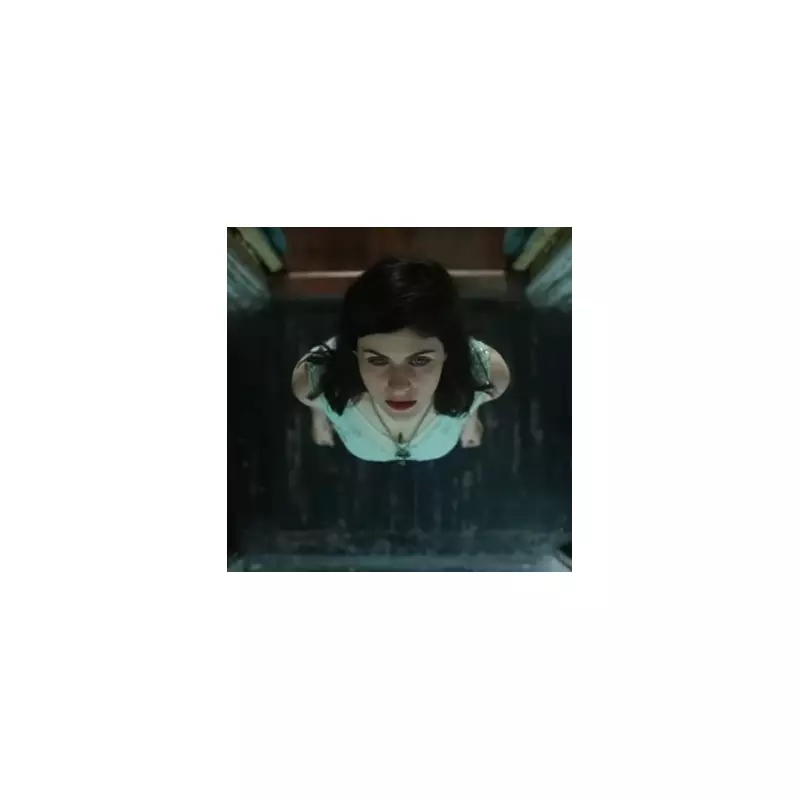
Netflix has done it again, leaving subscribers utterly gripped and horrified with its latest true-crime documentary sensation, 'The Man With 1000 Kids'. The chilling three-part series has viewers across the UK reaching for the sick bag, branding it one of the most disturbing things they've ever seen on the platform.
The docuseries exposes the jaw-dropping true story of Jonathan Jacob Meijer, a serial sperm donor from the Netherlands who deliberately fathered hundreds, potentially thousands, of children worldwide. He systematically lied to fertility clinics and connected with desperate prospective parents online, all while evading the legal limits designed to prevent such nightmarish scenarios.
A Global Web of Deception
The documentary meticulously pieces together how Meijer's actions created a vast, unknowing network of half-siblings, dramatically increasing the risk of accidental incest among offspring who have no way of knowing they're related. Parents who sought his help, believing him to be an altruistic donor helping a handful of families, are now speaking out, their faces etched with betrayal and fear for their children's future.
One of the most harrowing aspects explored is the profound emotional and psychological impact on the families involved. Parents describe feeling violated and deceived, while experts weigh in on the potential genetic time bomb and the complex ethical dilemmas it presents for the largely unregulated fertility industry.
Viewer Reaction: Horror and Disbelief
Social media has exploded with reactions from stunned Netflix audiences. Many have taken to X (formerly Twitter) to express their sheer disbelief and physical revulsion at Meijer's actions.
One viewer tweeted, 'Watching #TheManWith1000Kids on Netflix and I feel physically sick. The sheer scale of deception is unbelievable.' Another echoed the sentiment, writing, 'This has to be one of the most horrifying docs I've ever seen. How was this allowed to happen?'
The series has ignited furious calls for stricter international regulations on sperm donation and DNA databases to prevent such a case from ever happening again. It's more than just a documentary; it's a catalyst for a global conversation on ethics, reproduction, and the law.





